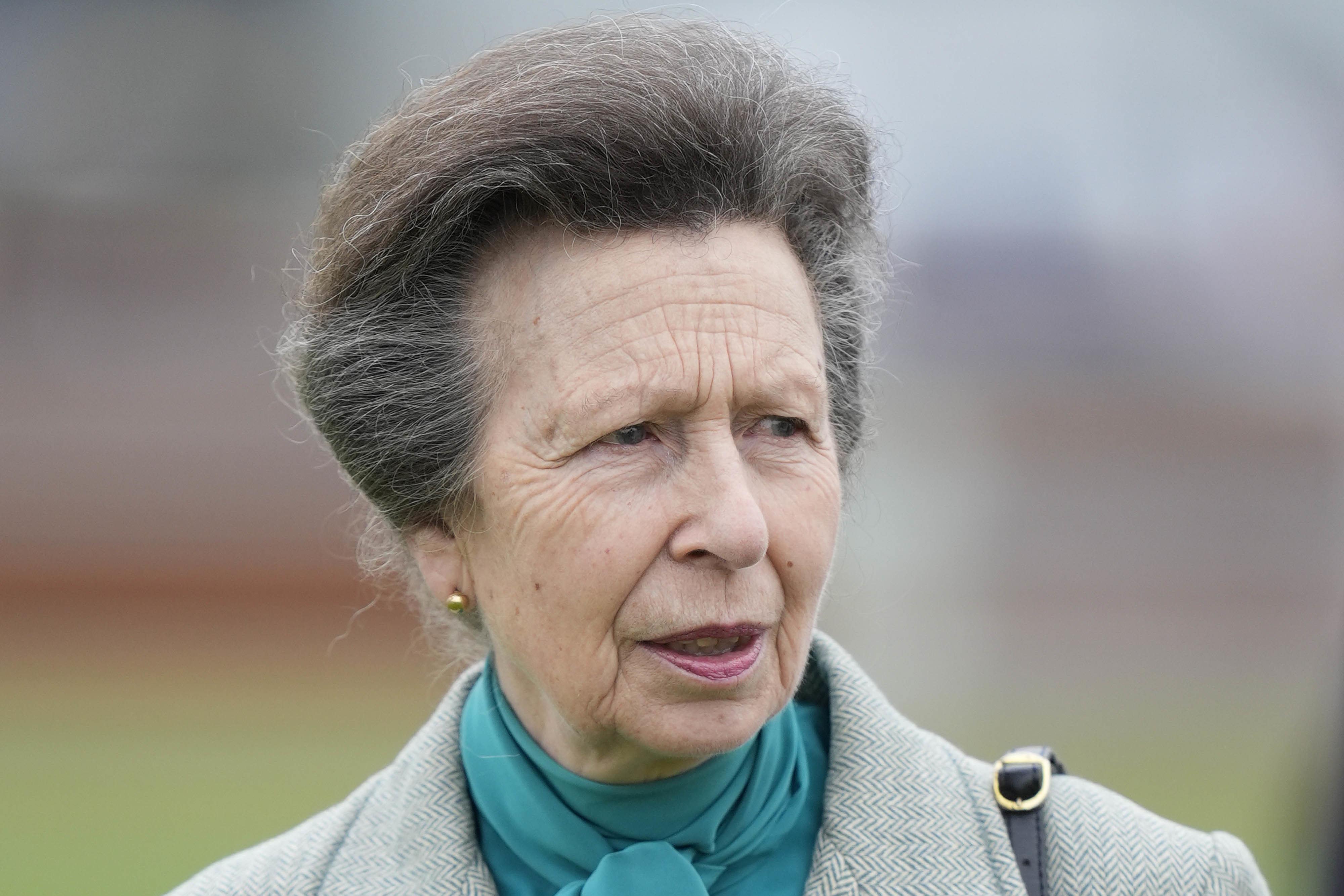Princess Royal: What is concussion and how is it treated?
Princess Anne is being treated in hospital for minor injuries and concussion.

Your support helps us to tell the story
From reproductive rights to climate change to Big Tech, The Independent is on the ground when the story is developing. Whether it's investigating the financials of Elon Musk's pro-Trump PAC or producing our latest documentary, 'The A Word', which shines a light on the American women fighting for reproductive rights, we know how important it is to parse out the facts from the messaging.
At such a critical moment in US history, we need reporters on the ground. Your donation allows us to keep sending journalists to speak to both sides of the story.
The Independent is trusted by Americans across the entire political spectrum. And unlike many other quality news outlets, we choose not to lock Americans out of our reporting and analysis with paywalls. We believe quality journalism should be available to everyone, paid for by those who can afford it.
Your support makes all the difference.Princess Anne is being treated in hospital for minor injuries and concussion.
The exact cause of what has happened is unconfirmed, but her medical team said her head injuries were consistent with a potential impact from a horse’s head or legs.
– What is concussion?
A concussion is a mild traumatic brain injury that affects how the brain functions.
The effects of concussion are usually short-term and can include headaches and trouble with concentration, memory, balance, mood and sleep.
While some concussions cause the person to lose consciousness, most do not.
Most people make a full recovery.
– What causes concussion?
The most common cause of concussion is a fall, but children and adults who play contact sports such as rugby are also at risk.
In Princess Anne’s case, her concussion has been caused by contact with a horse’s head or legs.
– What are the main symptoms?
Common symptoms of concussion include headache, confusion and loss of memory, known as amnesia.
The amnesia can include forgetting what happened that caused the injury.
Physical symptoms of a concussion can also include ringing in the ears (tinnitus), feeling or being sick, fatigue, dizziness and blurry vision.
People who witness a concussion in somebody else may report that that person is slurring their speech, cannot answer questions promptly, seems dazed and is forgetful. Some of these symptoms may occur immediately while others come on over a few days.
People are urged to seek urgent medical help in cases where there is repeated vomiting or nausea, a loss of consciousness, a headache that gets worse over time, changes to vision, confusion, seizures, weakness in limbs, sudden deafness and when fluid or blood is draining from the nose or ears.
– Is there any treatment?
People can often need to be monitored for at least 48 hours after suffering a concussion.
This is to make sure they have not suffered any sort of bleeding in the brain.
The painkiller paracetamol can help control pain, but people are advised not to use non-steroidal anti-inflammatory drug painkillers like ibuprofen or aspirin as they can sometimes cause bleeding.
People are also advised to rest, not drink any alcohol and only return to daily activities when they feel able.
– What do the experts say?
Aminul Ahmed, a senior lecturer in neurosurgery at King’s College London and an honorary consultant neurosurgeon at King’s College Hospital, said: “A horse kick to the head can result in a head trauma from the mildest form, concussion, to moderate and even severe head injury. There is variability.
“Prevention is the key to safety. Wearing a helmet, whether with horses, on bikes or e-scooters etc reduces injury severity (recent example is Gordon Ramsay cycling injury).
“Also, although I am not an equine expert, reducing risk of being kicked (standing away from hind limbs) may help.”